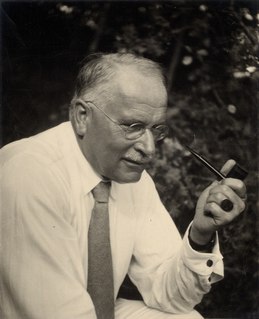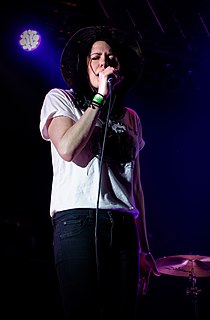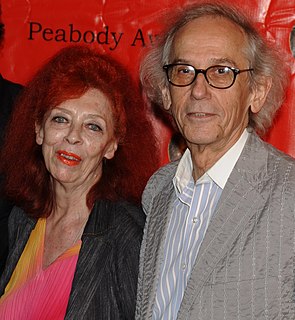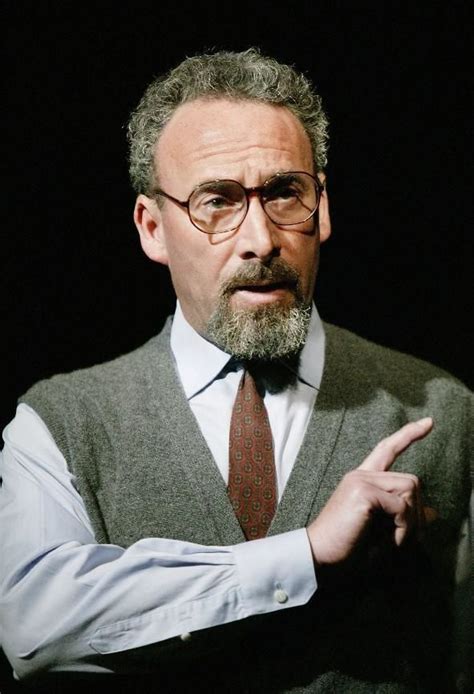A Quote by Chuck Palahniuk
Maybe the only thing each of us can see is our own shadow. Carl Jung called this his shadow work. He said we never see others. Instead we see only aspects of ourselves that fall over them. Shadows. Projections. Our associations. The same way old painters would sit in a tiny dark room and trace the image of what stood outside a tiny window, in the bright sunlight. The camera obscura. Not the exact image, but everything reversed or upside down.
Quote Topics
Aspects
Associations
Bright
Camera
Camera Obscura
Dark
Dark Room
Down
Each
Everything
Exact
Fall
His
Image
Instead
Jung
Maybe
Never
Old
Only
Others
Our
Ourselves
Outside
Over
Own
Painters
Reversed
Room
Said
Same
See
Shadow
Shadow Work
Shadows
Sit
Stood
Sunlight
The Only Thing
Them
Thing
Tiny
Trace
Upside
Upside Down
Us
Way
Window
Work
Would
Related Quotes
Jung first gave us the term ‘shadow’ to refer to those parts of our personality that have been rejected out of fear, ignorance, shame, or lack of love. His basic notion of the shadow was simple: ‘the shadow is the person you would rather not be.’ He believed that integrating the shadow would have a profound impact, enabling us to rediscover a deeper source of our own spiritual life. ‘To do this,’ Jung said, ‘we are obliged to struggle with evil, confront the shadow, to integrate the devil. There is no other choice.’
I can see others in the sunlight; I can see our boats' crews and our athletic young men on the glistening water, or speckled with the moving lights of sunlit leaves; but I myself am always in the shadow looking on. Not unsympathetically, - God forbid! - but looking on alone, much as I looked at Sylvia from the shadows of the ruined house, or looked at the red gleam shining through the farmer's windows, and listened to the fall of dancing feet, when all the ruin was dark that night in the quadrangle.
The image of Earth from space transformed our view of ourselves. It is maybe the most important image that exists - because we can see ourselves in context in a way that otherwise would be really hard to explain. It should inspire us to wonder about it, to want to know everything we can about it and do everything we can to take care of it.
We human beings have not secured happiness; on the contrary, science gives us catastrophes. We are like travelers losing their way in a desert. They see a big black shadow ahead and desperately run to it, thinking it may lead them somewhere. But after running a long way, they no longer see the shadow and fall into the slough of despond. What is that shadow? It is this ""Mr. Science.
In trying to express only those aspects of ourselves that we believe will guarantee us the acceptance of others, we suppress some of our most valuable and interesting features and sentence ourselves to a life of reenacting the same outworn scripts. Reclaiming the parts of ourselves that we have relegated to the shadow is the most reliable path to actualizing all of our human potential. Once befriended, our shadow becomes a divine map that—when properly read and followed—reconnects us to the life we were meant to live and the people we were meant to be.
Do we not see God at work in our circumstances? Dark times are allowed and come to us through the sovreignty of God. Are we prepared to let God do what He wants with us? Are we prepared to be separated from the outward, evident blessings of God? Until Jesus Christ is truly our Lord, we each have goals of our own which we serve. Our faith is real, but it is not yet permanent. And God is never in a hurry. If we are willing to wait, we will see God pointing out that we have been interested only in his blessings, instead of God Himself.
...you find your genius by looking in the mirror of your life. Your visible image shows your inner truth, so when you're estimating others, what you see is what you get. It therefore becomes critically important to see generously, or you will get only what you see; to see sharply, so that you discern the mix of traits rather than a generalized lump; and to see deeply into dark shadows, or else you will be deceived.
Only through art can we get outside of ourselves and know another's view of the universe which is not the same as ours and see landscapes which otherwise would remain unknown to us like the landscapes of the moon. Thanks to art, instead of seeing a single world, our own, we see it multiply until we have before us as many worlds as there are original artists.




































